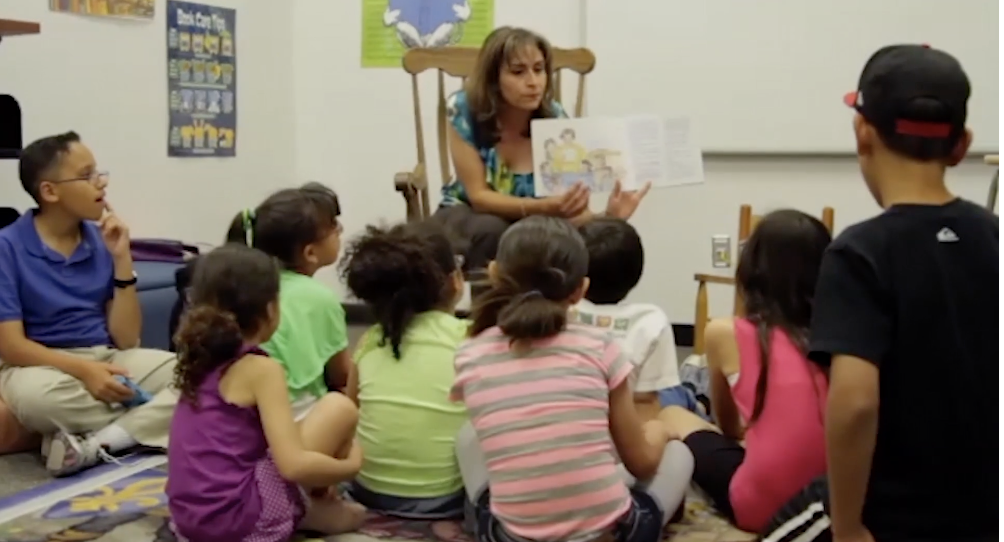
Teaching is universally a rewarding but challenging job. For ELL teachers, a unique set of challenges present themselves.
Students with Diverse Abilities and Needs
A current ELL classroom in the U.S. can contain students of varying countries of origin, English speaking and writing abilities, and cultural identities. An ELL teacher has to assess, get to know, teach, and support all of these students, often on a tight schedule. In the Colorín Colorado article, Oral Language Development and ELLs: 5 Challenges and Solutions, Lindsey Moses Guccione shares the importance of differentiation as a powerful tool for ELL teachers taking on this challenge, “Differentiation is the key to effective instruction for all students. Students of varying proficiency levels can learn the same content when the teacher provides a wide range of learning opportunities for students with different academic and linguistic needs.”
Lack of Resources and Training
The number of ELL students in the U.S. has been growing rapidly; however, schools and teachers are simply underprepared. The Migration Policy Institute states that over the last 30 years nearly 30 million immigrants have settled in the U.S., many of them bringing families and children. In order to provide differentiated instruction to their students, ELL teachers, and indeed all classroom teachers, specialists, and administrators working with ELLs, need greater access to high quality, research based ELL instruction professional development and assessment tools. “Lessons Learned: New Teachers Talk About Their Jobs, Challenges, and Long-Range Plans” is a report from the National Comprehensive Center for Teacher Quality and Public Agenda that surveyed new teachers dealing with students of increasingly diverse backgrounds and abilities. This report finds that new teachers, particularly in less affluent areas, felt under-supported in dealing with student diversity, and that “teacher preparation programs and new teacher support systems need to be reexamined and updated for the 21st century.”
Poor Communication Systems
Parent and community involvement and parent-school cooperation has been repeatedly proven to benefit student academic success, and this is true for ELL students as well. A National Education Association (NEA) policy brief shares that in a 2004 study, California teachers reported having a serious issue with “poor communication among students, teachers, parents, and the community.” Because ELL teachers are often dealing with families from multiple cultural backgrounds and languages of origin, successful and meaningful communication can be particularly challenging, though not impossible. School systems can provide translators, opportunities for teachers and families to meet, and structures that support collaboration for improved communication between ELL teachers, the greater school community, their students, and the students’ families.
Helping ELL teachers to face these challenges has to be a concerted community endeavor. In their article, “Challenges confronting teachers of English language learners,” Thi Diem Hang Khonga and Eisuke Saitobwhile say that while strong ELL teacher education programs will help ELL teachers face these challenges, “concerted efforts by educators, local and central administrators, academics, local communities, and lawmakers are necessary” as well.
Seeing the increase of students from many diverse backgrounds underscores the need for multicultural books. Multicultural books allow students of different backgrounds to be able to relate to the story and be more inclined to read and retain the information.
Lectura books provides award-winning multicultural books. Their books are a great tool for students of different backgrounds. The multicultural stories help to engage not only the students but their parents as well. This encourages more reading and speaking of English at home. Visit Lectura Books YouTube page to see some of their most popular book titles.
The Latino Family Literacy Project are experts in working with Spanish speaking parents and can train your staff to work specifically with parents of diverse backgrounds at your school. The company offers both online webinar training and in person workshops.
Stay updated with the latest information about ELLs and follow our Facebook and Twitter pages. We post new information every day.
